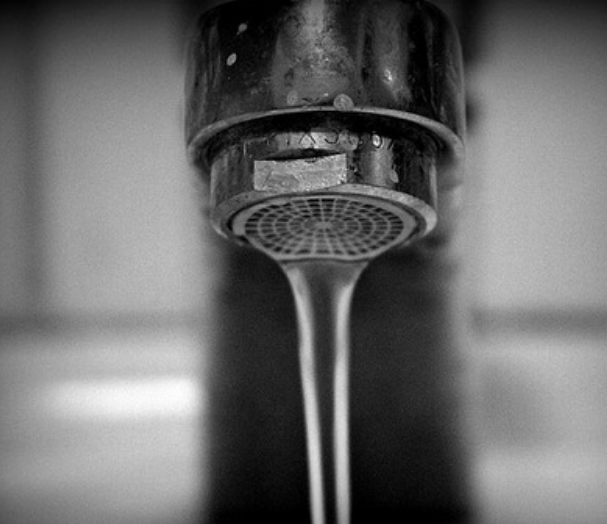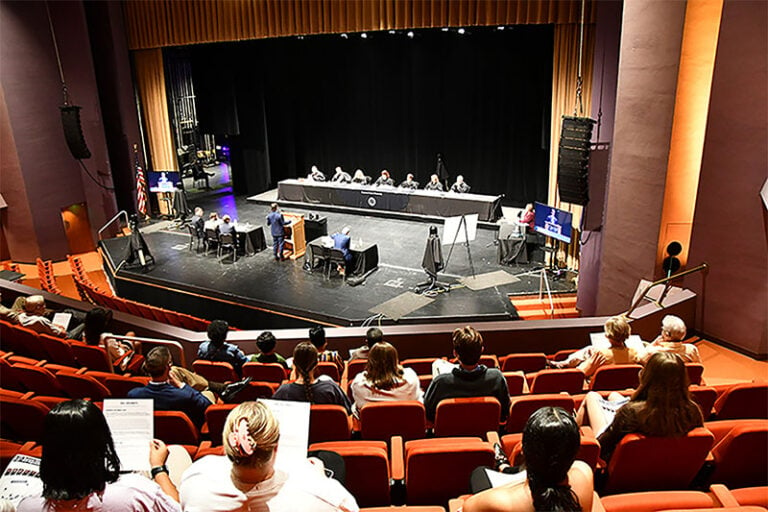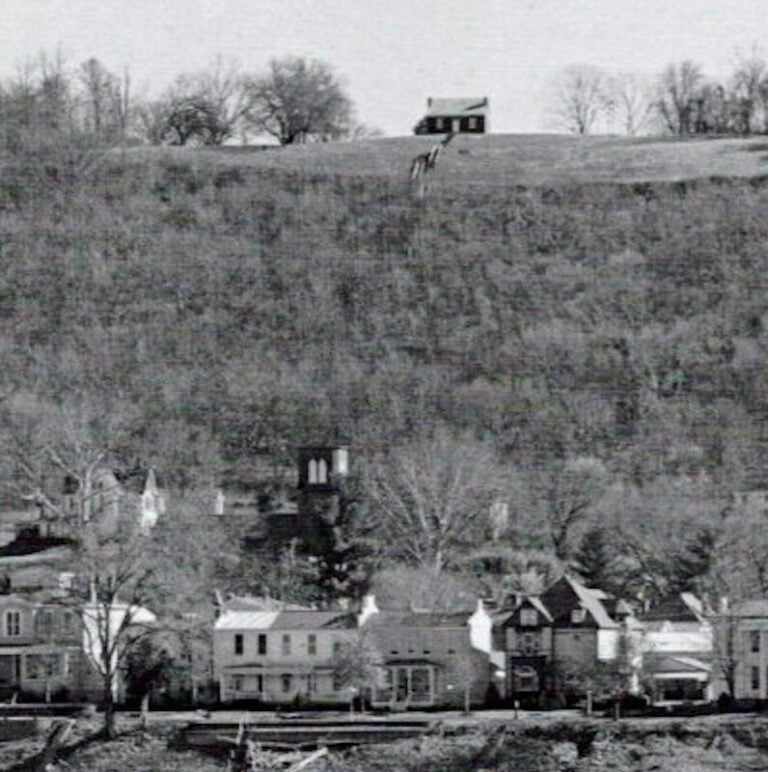By Mary Kuhlman
Public News Service
Clean water flowing from the tap still is a luxury for many residents of Martin County who continue to experience the ripple effects of a 2000 coal slurry spill.
Nina McCoy, chair of Martin County Concerned Citizens, says the disaster uncovered the water company’s deteriorating infrastructure, which has still not been resolved.
McCoy says cracked, leaking, aging pipes allow dirty, contaminated groundwater to seep into the system.

“People are getting brown water in their homes whenever the pressure goes down,” she states. “We actually have outages where people are without water for days or weeks.”
Regulators recently approved the Martin County Water District’s rate increase, which Mary Cromer, staff attorney of Appalachian Citizens’ Law Center, contends residents of the economically challenged area cannot bear.
”These are people who are living on fixed incomes, sometimes less than $800 a month who already are buying bottled water because they don’t trust the water that comes out of their tap and then being asked to pay another 25 percent plus an $8 surcharge,” Cromer relates.
The Public Service Commission ordered the utility to hire a new management company to take over operations by November 2019.
However, Cromer and concerned groups argue that faster change is needed, as well as local, state and federal assistance to ensure drinking water is clean and affordable.
The commission also admitted the water district’s problems are tied to political corruption and gross mismanagement.
Tom Sexton, eastern Kentucky organizer for the Sierra Club, contends lawmakers don’t want to put coal companies on the hook, and maintains Martin County is a harbinger of things to come.
”It’s just a place that’s kind of ripe to get swept under the rug when problems like this pop up,” he states. “Small tax base, not a ton of political organization, which creates a sort of apathy with our legislators.
“And what’s happening in Martin County is just going to fall like dominoes and happen all over Eastern Kentucky.”
Abandoned Mine Land grants totaling $3.4 million was approved for the district, however state and federal dollars must be used to expand water service or make capital improvements.
Citizens’ groups argue that capital improvements will not bring economic development to a region where basic infrastructure is failing and residents don’t have clean water.

















